14 Delicious Foods That Can Help Manage High Blood Pressure
High blood pressure, or hypertension, is a prevalent health issue affecting millions worldwide. It is often dubbed the "silent killer" due to its asymptomatic nature, which can lead to severe cardiovascular conditions if left unmanaged. While medications are commonly prescribed to control blood pressure, there is growing interest in natural methods that can complement or even replace pharmaceutical interventions. Dietary choices play a crucial role in blood pressure regulation. This article explores 14 flavorful foods that can naturally support healthy blood pressure levels. By incorporating these foods into your diet, you can take proactive steps towards maintaining cardiovascular health and overall well-being. Additionally, these foods are not only beneficial for blood pressure but also offer a variety of other health benefits, making them a valuable addition to any diet.
1. The Power of Potassium-Rich Bananas
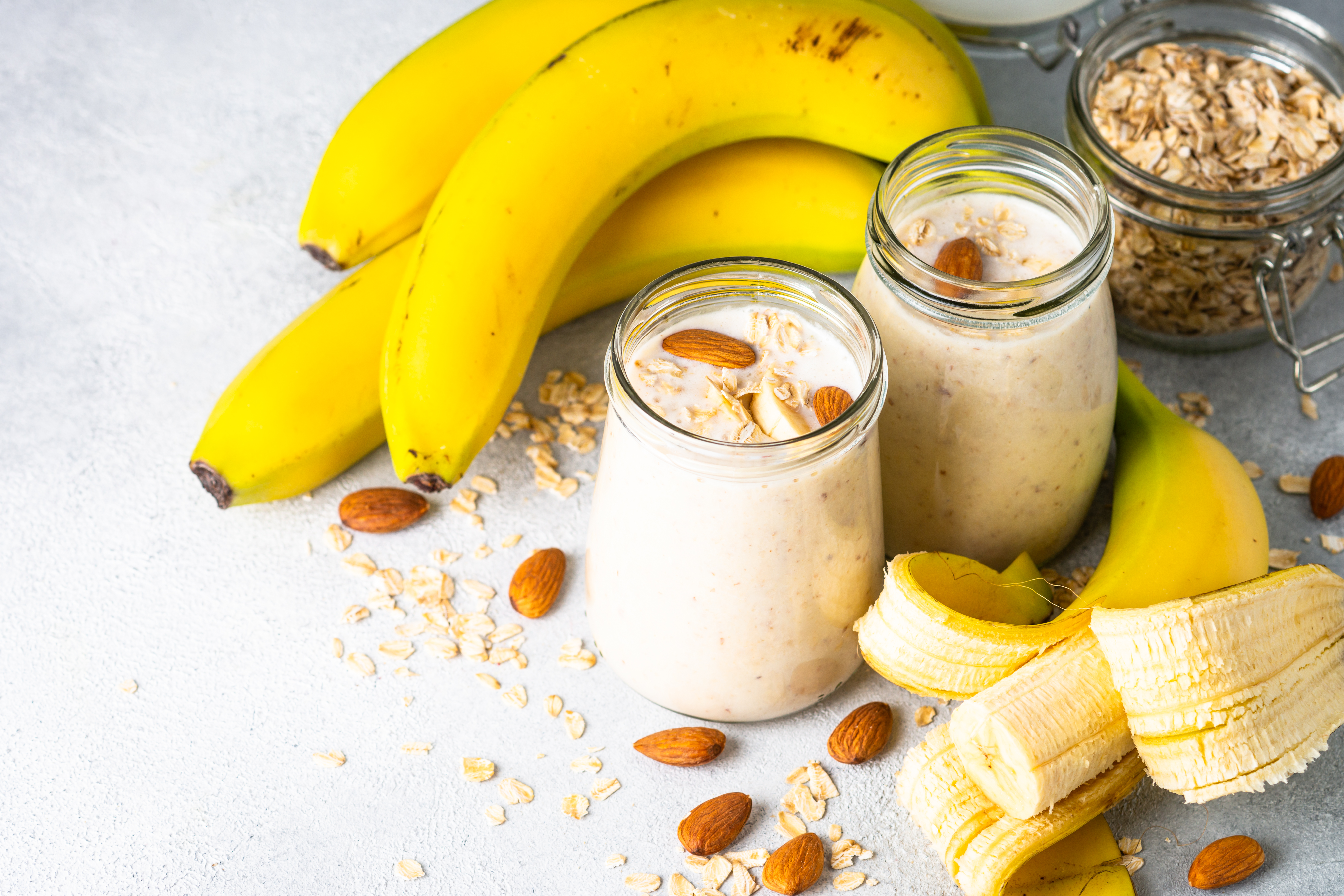
Bananas are a well-loved fruit that offer a sweet taste and a wealth of health benefits. They are particularly rich in potassium, a mineral that plays a vital role in blood pressure regulation. Potassium helps balance sodium levels in the body, reducing the tension in blood vessel walls and ultimately lowering blood pressure. A diet high in potassium and low in sodium is a proven strategy for managing hypertension. By incorporating bananas into your daily routine, you can harness the power of potassium to support cardiovascular health. Beyond their potassium content, bananas are also a great source of dietary fiber, which can further aid in maintaining healthy blood pressure levels. Fiber helps regulate digestion and can prevent the absorption of cholesterol, reducing the risk of heart disease. Furthermore, the natural sugars in bananas provide a quick source of energy without causing a spike in blood sugar levels, making them an ideal snack for those looking to manage their blood pressure naturally. Enjoy bananas on their own, in smoothies, or as a topping for oatmeal to reap their full benefits.
2. Leafy Greens: A Nutrient-Dense Ally
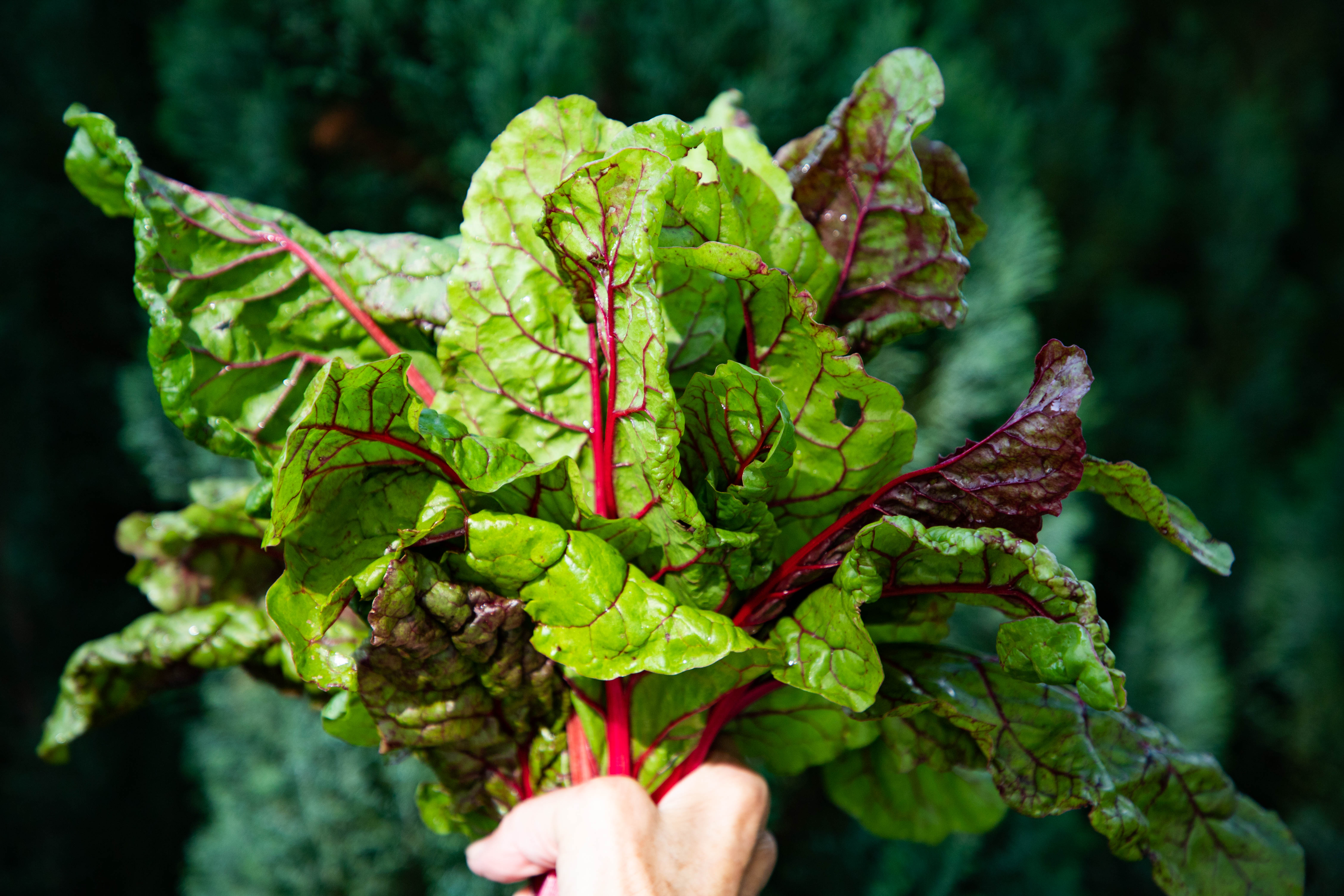
Leafy greens, such as spinach, kale, and Swiss chard, are nutritional powerhouses that offer a multitude of health benefits, including blood pressure regulation. These vegetables are rich in nitrates, compounds that the body converts into nitric oxide, a molecule that helps dilate blood vessels and improve blood flow. This process can lead to a reduction in blood pressure, making leafy greens an essential component of a heart-healthy diet. In addition to nitrates, leafy greens are packed with vitamins and minerals such as magnesium, calcium, and potassium, all of which contribute to cardiovascular health. Magnesium, in particular, helps relax blood vessels, further aiding in blood pressure reduction. Incorporating a variety of leafy greens into your meals can provide a diverse array of nutrients that support overall health. Whether enjoyed in salads, smoothies, or cooked dishes, leafy greens are a versatile and delicious way to naturally manage blood pressure.
3. The Heart-Healthy Benefits of Berries
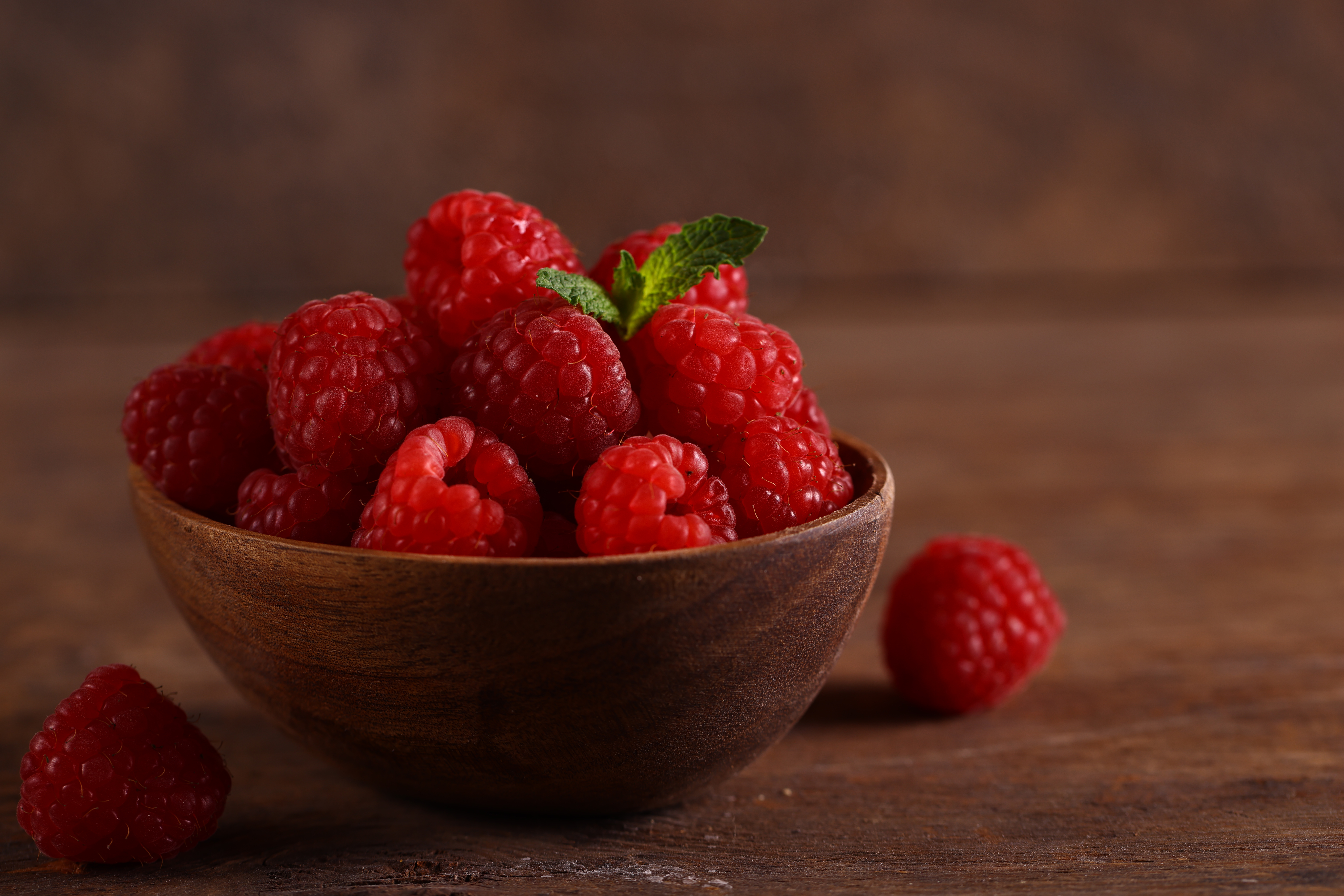
Berries, including strawberries, blueberries, and raspberries, are not only delicious but also packed with antioxidants and other compounds that promote heart health. These vibrant fruits are rich in flavonoids, which have been shown to improve endothelial function and reduce inflammation, both of which are important for maintaining healthy blood pressure levels. Regular consumption of berries can contribute to a lower risk of hypertension and other cardiovascular diseases. The high antioxidant content in berries helps combat oxidative stress, a factor that can lead to arterial damage and increased blood pressure. By neutralizing free radicals, antioxidants support the integrity of blood vessels and improve overall cardiovascular function. Berries are also a good source of fiber, which can aid in cholesterol management and further support heart health. Enjoy them fresh, frozen, or in smoothies to take advantage of their numerous health benefits.
4. Omega-3 Rich Fatty Fish for Cardiovascular Support

Fatty fish, such as salmon, mackerel, and sardines, are excellent sources of omega-3 fatty acids, which are renowned for their heart-protective properties. Omega-3s help reduce inflammation, lower triglyceride levels, and improve endothelial function, all of which contribute to healthy blood pressure levels. Incorporating fatty fish into your diet can provide a powerful boost to cardiovascular health and help prevent hypertension. In addition to omega-3s, fatty fish are also rich in protein and essential nutrients like vitamin D and selenium. These nutrients play a role in maintaining overall health and can further support heart function. For those who do not consume fish, omega-3 supplements derived from algae are a plant-based alternative that can offer similar benefits. Aim to include fatty fish in your meals at least twice a week to enjoy their full range of health advantages.
5. The Cholesterol-Lowering Magic of Oats
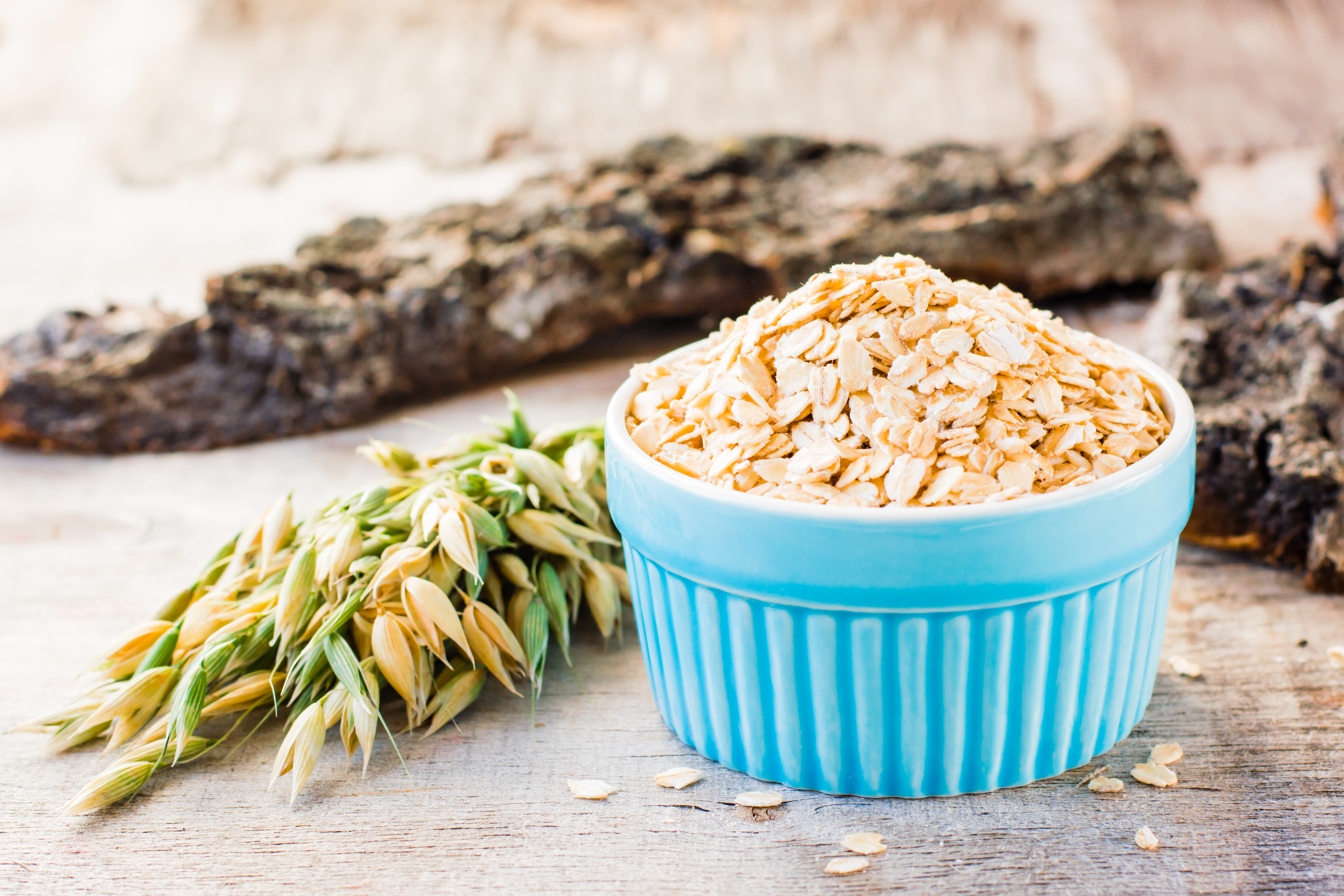
Oats are a staple breakfast food known for their cholesterol-lowering properties, which can also contribute to healthy blood pressure levels. They contain a type of soluble fiber called beta-glucan, which forms a gel-like substance in the gut that binds to cholesterol and prevents its absorption. This process can lead to a reduction in blood cholesterol levels and, consequently, a decrease in blood pressure. In addition to their fiber content, oats are a good source of magnesium and antioxidants, both of which support cardiovascular health. Magnesium helps relax blood vessels, while antioxidants protect against oxidative stress and inflammation. Oats are a versatile ingredient that can be enjoyed in various forms, such as oatmeal, granola, or baked goods. Incorporating oats into your diet can provide a heart-healthy start to your day and support long-term blood pressure management.
6. Nuts and Seeds: Small but Mighty
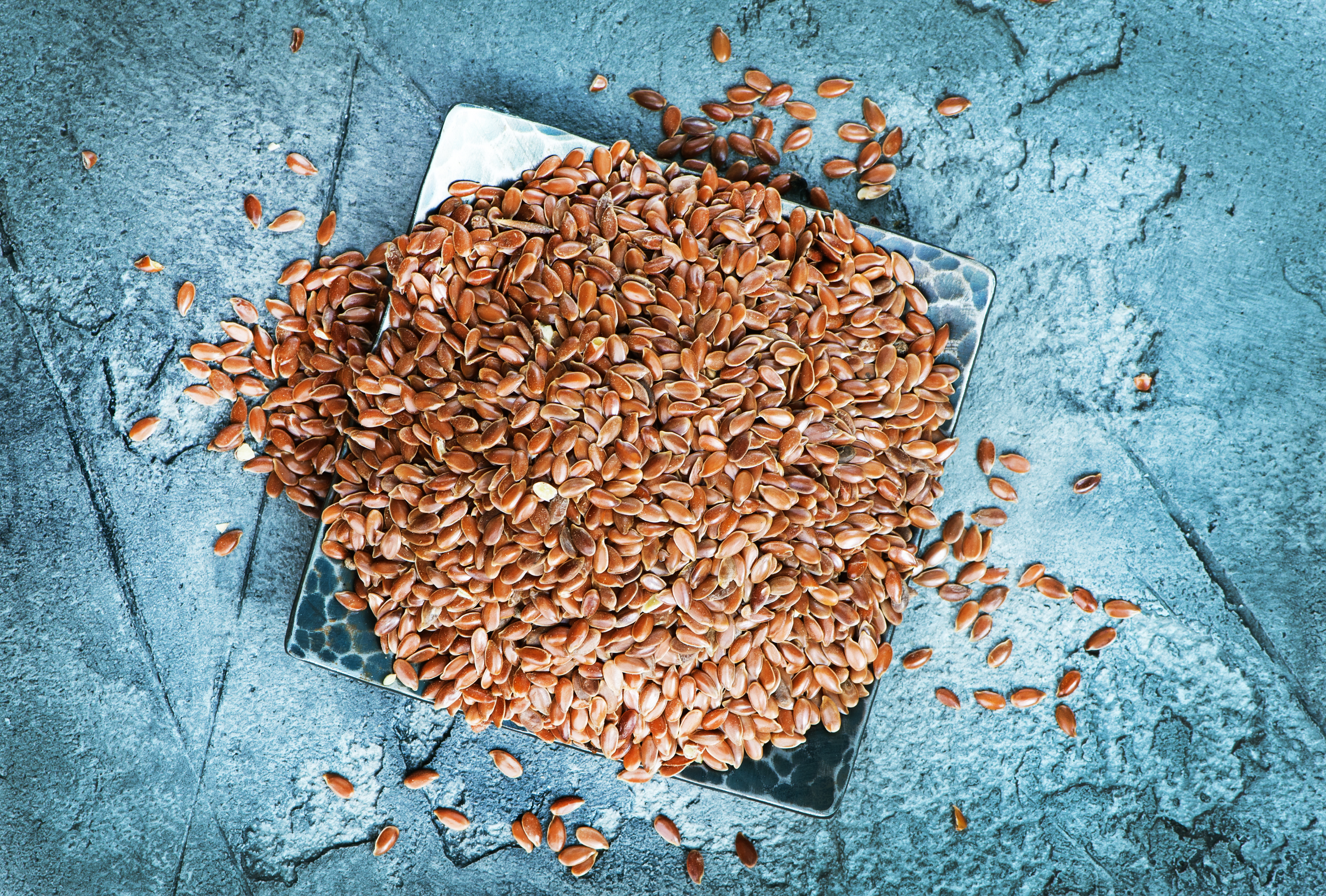
Nuts and seeds, including almonds, walnuts, flaxseeds, and chia seeds, are nutrient-dense foods that offer a range of health benefits, including blood pressure regulation. They are rich in healthy fats, fiber, and protein, all of which contribute to cardiovascular health. The healthy fats found in nuts and seeds, particularly omega-3 and omega-6 fatty acids, help reduce inflammation and improve blood vessel function. Furthermore, nuts and seeds are excellent sources of magnesium and potassium, two minerals that play a crucial role in blood pressure management. Regular consumption of these foods has been associated with a reduced risk of hypertension and other cardiovascular diseases. Enjoy nuts and seeds as a snack, in salads, or as a topping for yogurt and oatmeal to take advantage of their heart-healthy properties.
7. The Antioxidant Power of Dark Chocolate

Dark chocolate, when consumed in moderation, can be a delightful way to support healthy blood pressure levels. It is rich in flavonoids, particularly a type called flavanols, which have been shown to improve endothelial function and promote vasodilation, leading to lower blood pressure. The antioxidants in dark chocolate also help combat oxidative stress, further supporting cardiovascular health. When choosing dark chocolate, opt for varieties with a high cocoa content (70% or higher) to maximize the health benefits. It is important to consume dark chocolate in moderation, as it is also high in calories and can contribute to weight gain if consumed excessively. Enjoying a small piece of dark chocolate as a treat can be a delicious way to support heart health and satisfy your sweet tooth.
8. The Versatile Benefits of Garlic
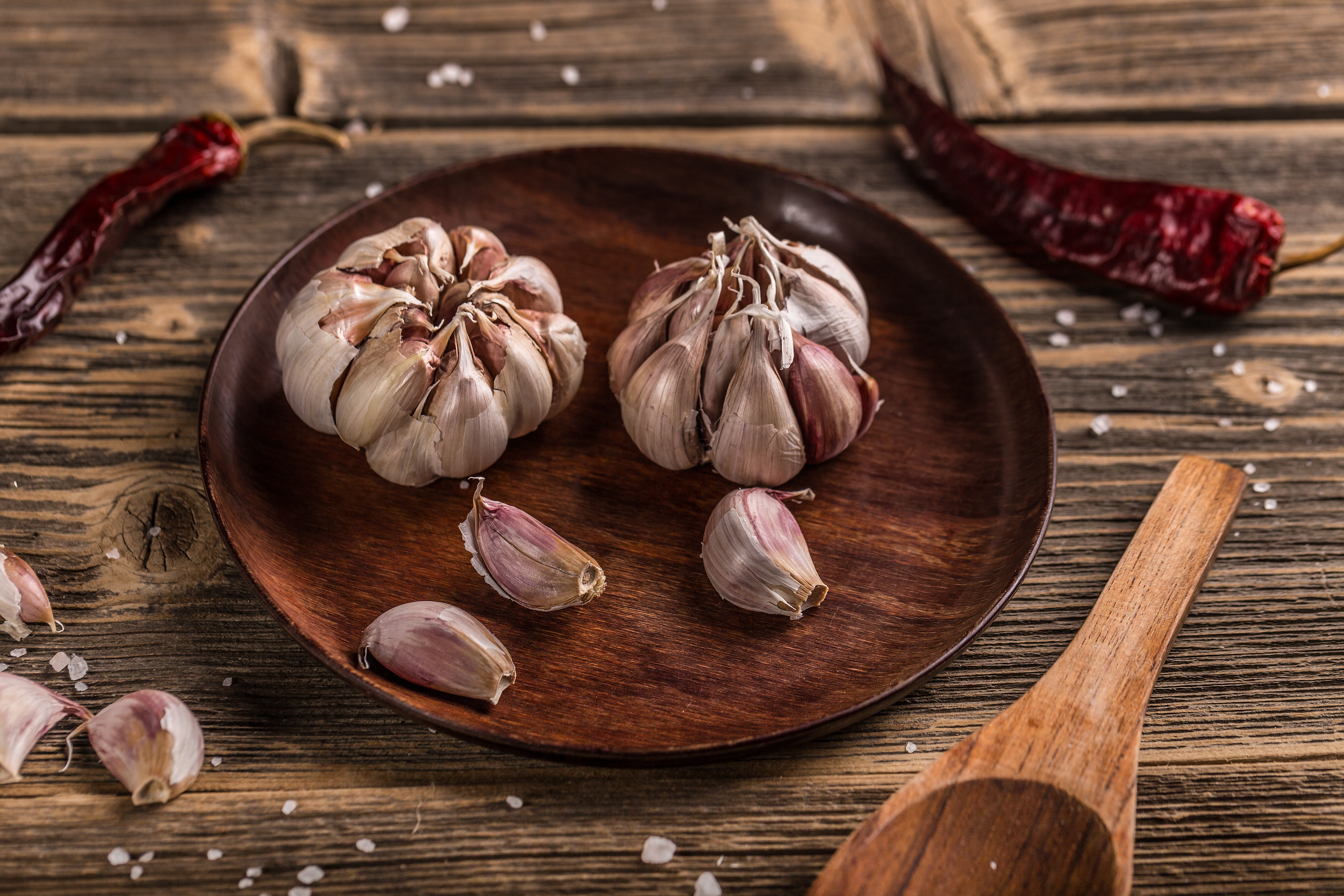
Garlic has been used for centuries for its medicinal properties, and its ability to support cardiovascular health is well-documented. It contains a compound called allicin, which has been shown to improve blood vessel function and reduce blood pressure. Allicin is released when garlic is crushed or chopped, making it important to prepare garlic properly to maximize its health benefits. In addition to its blood pressure-lowering effects, garlic is also known for its anti-inflammatory and antioxidant properties, which can further support heart health. Incorporating garlic into your diet is easy, as it can be used to flavor a wide variety of dishes, from soups and stews to sauces and marinades. Regular consumption of garlic can be a flavorful way to enhance your meals and support cardiovascular well-being.
9. The Citrusy Goodness of Oranges

Oranges are a popular fruit known for their refreshing taste and high vitamin C content. They are also rich in potassium and flavonoids, both of which contribute to healthy blood pressure levels. Vitamin C is a powerful antioxidant that helps protect blood vessels from oxidative damage, while potassium helps balance sodium levels and reduce blood pressure. The natural sugars in oranges provide a quick source of energy, making them an ideal snack for those looking to manage their blood pressure naturally. In addition to their blood pressure-lowering effects, oranges are also a good source of fiber, which can aid in digestion and cholesterol management. Enjoy oranges on their own, as juice, or in fruit salads to take advantage of their numerous health benefits.
10. The Gut-Heart Connection: Fermented Foods
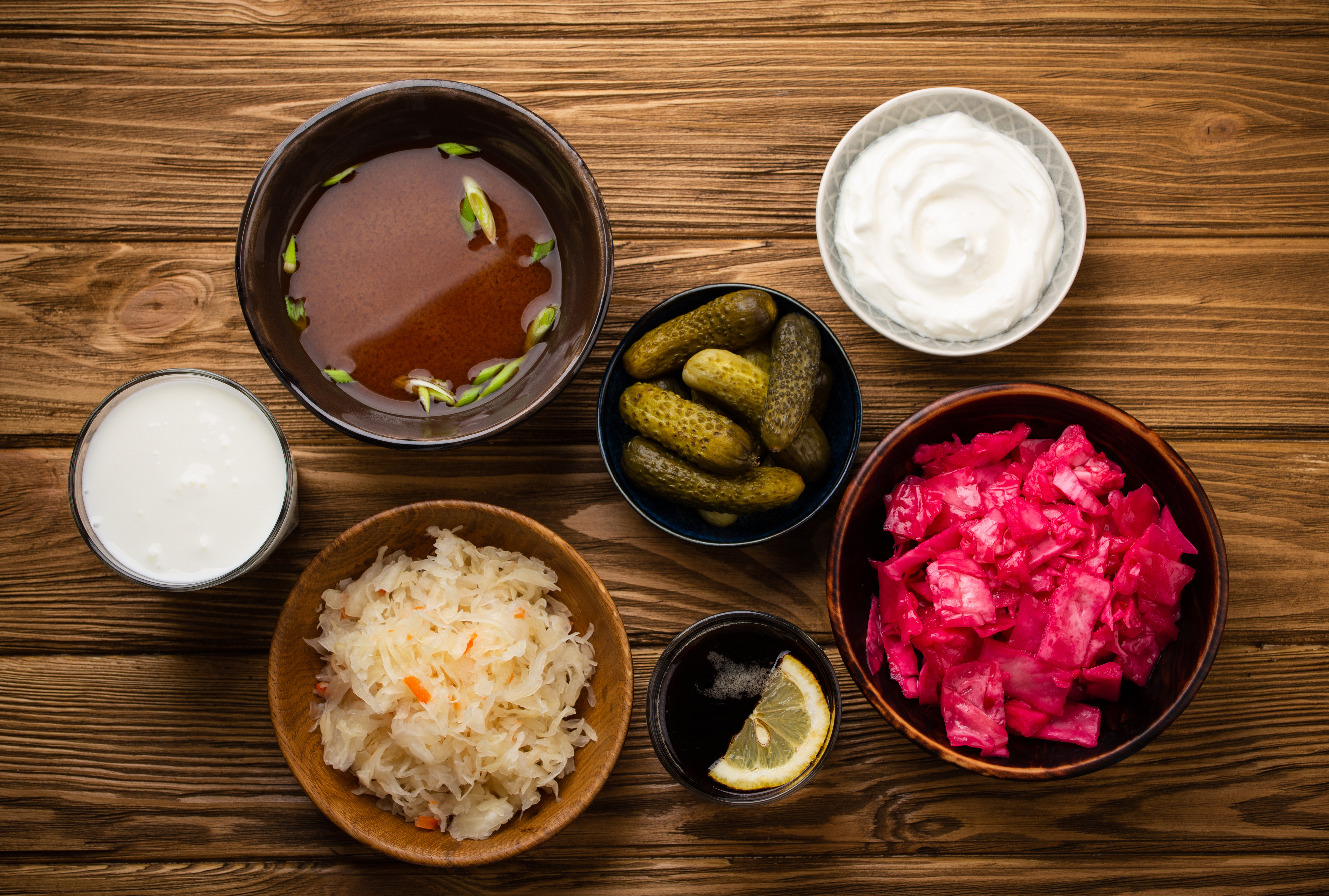
Fermented foods, such as yogurt, kefir, sauerkraut, and kimchi, are known for their probiotic content, which supports gut health. Emerging research suggests that there is a strong connection between gut health and cardiovascular health, with a healthy gut microbiome playing a role in blood pressure regulation. Probiotics help maintain a balanced gut microbiota, which can influence blood pressure through various mechanisms. In addition to their probiotic content, fermented foods are also rich in vitamins and minerals that support overall health. Incorporating a variety of fermented foods into your diet can provide a diverse array of beneficial bacteria that promote gut and heart health. Enjoy fermented foods as part of your meals or as a snack to support a healthy gut-heart connection and maintain healthy blood pressure levels.
11. The Hydrating Benefits of Watermelon
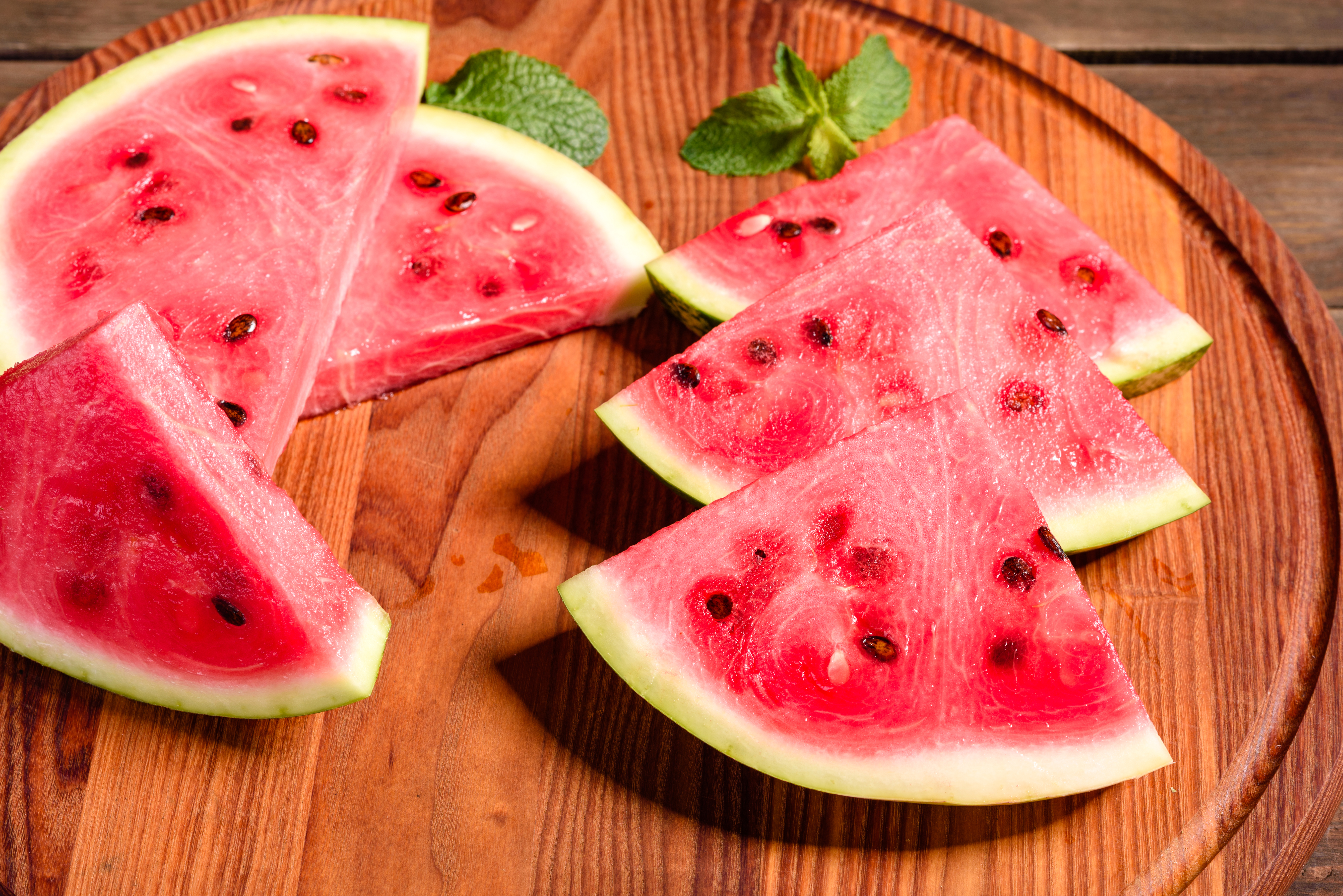
Watermelon is a hydrating fruit that offers a range of health benefits, including blood pressure regulation. It is rich in citrulline, an amino acid that the body converts into arginine, which helps produce nitric oxide. Nitric oxide is a molecule that promotes vasodilation, improving blood flow and reducing blood pressure. Regular consumption of watermelon can contribute to a lower risk of hypertension and other cardiovascular diseases. In addition to its blood pressure-lowering effects, watermelon is also a good source of vitamins A and C, both of which support overall health. Its high water content makes it a refreshing and hydrating snack, especially during hot weather. Enjoy watermelon on its own, in fruit salads, or as a refreshing juice to take advantage of its numerous health benefits.
12. The Spicy Benefits of Turmeric
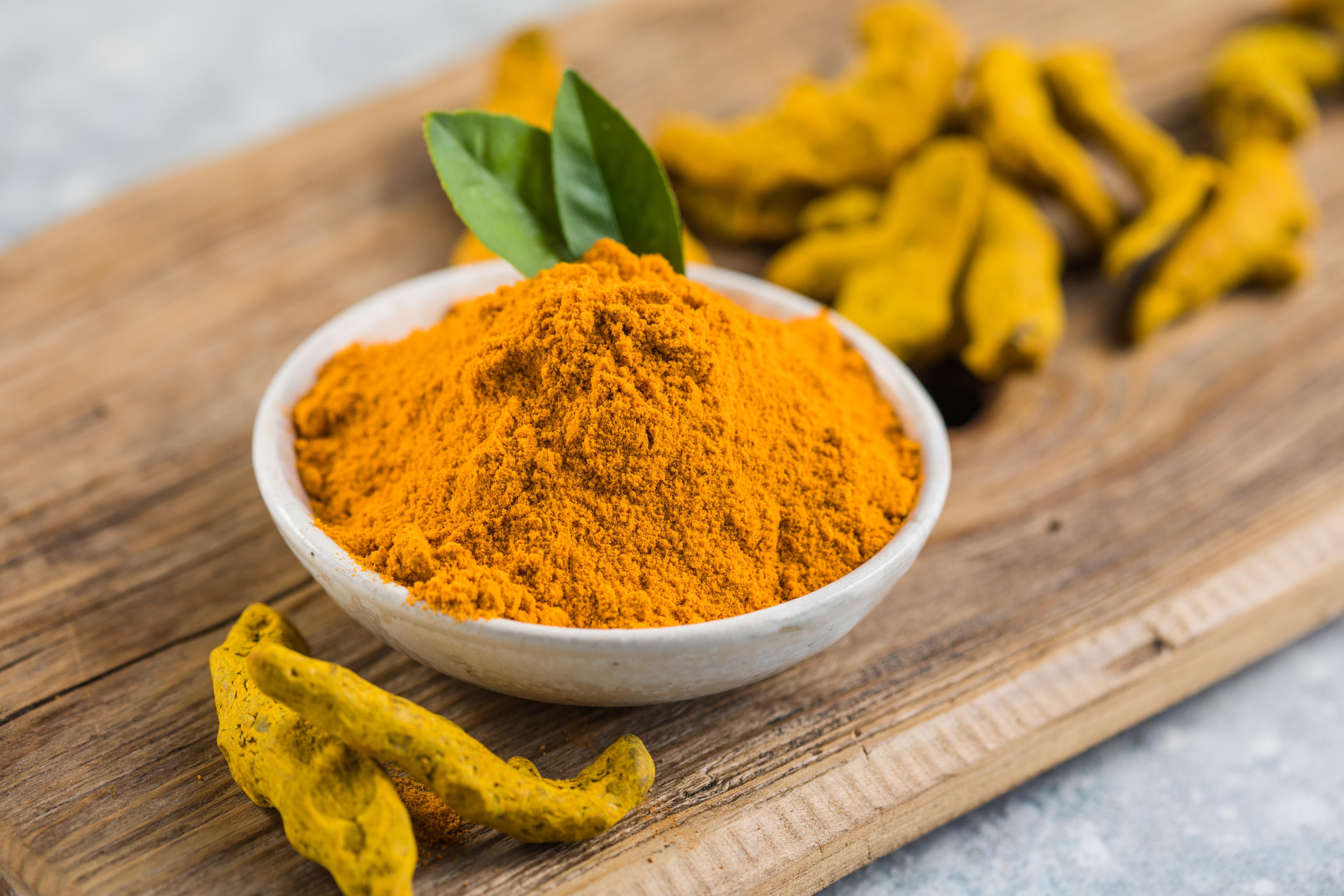
Turmeric is a vibrant yellow spice that has been used for centuries in traditional medicine for its anti-inflammatory and antioxidant properties. Curcumin, the active compound in turmeric, has been shown to improve endothelial function and reduce inflammation, both of which are important for maintaining healthy blood pressure levels. Incorporating turmeric into your diet can provide a flavorful way to support cardiovascular health. In addition to its blood pressure-lowering effects, turmeric is also known for its potential to improve brain health and reduce the risk of chronic diseases. It can be used to flavor a wide variety of dishes, from curries and soups to smoothies and teas. To enhance the absorption of curcumin, it is recommended to consume turmeric with black pepper or a source of healthy fat. Enjoy turmeric in your meals to take advantage of its numerous health benefits.
13. The Refreshing Benefits of Green Tea

Green tea is a popular beverage known for its high antioxidant content and numerous health benefits. It contains a group of antioxidants called catechins, which have been shown to improve endothelial function and promote vasodilation, leading to lower blood pressure. Regular consumption of green tea can contribute to a lower risk of hypertension and other cardiovascular diseases. In addition to its blood pressure-lowering effects, green tea is also known for its potential to improve brain health, support weight management, and reduce the risk of chronic diseases. It is a versatile beverage that can be enjoyed hot or cold, and it can be flavored with lemon, honey, or mint for added taste. Incorporate green tea into your daily routine to support heart health and overall well-being.
14. The Sweet Benefits of Beets
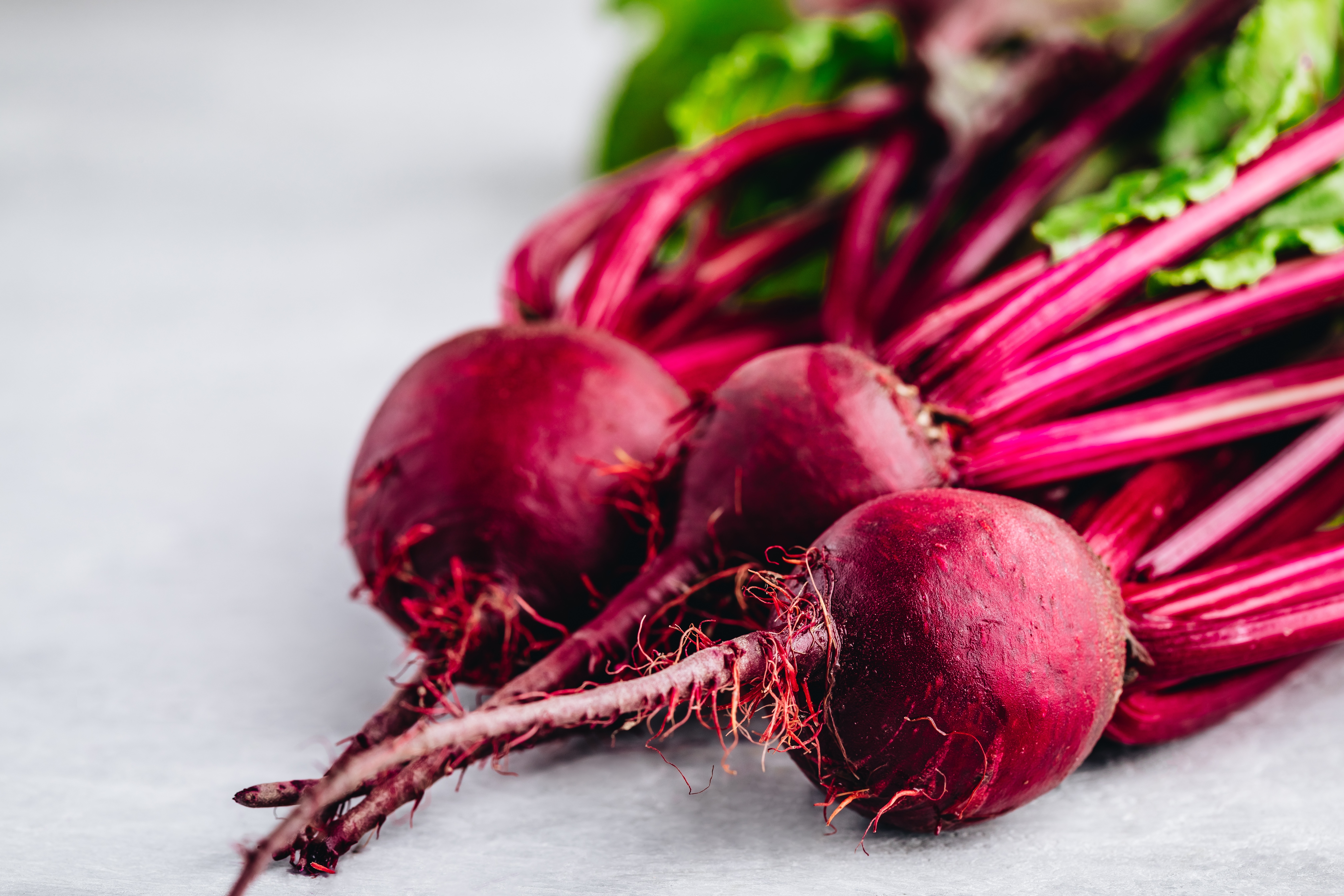
Beets are a vibrant root vegetable that offer a range of health benefits, including blood pressure regulation. They are rich in nitrates, compounds that the body converts into nitric oxide, which helps dilate blood vessels and improve blood flow. This process can lead to a reduction in blood pressure, making beets an essential component of a heart-healthy diet. In addition to their nitrate content, beets are also a good source of fiber, vitamins, and minerals that support overall health. They can be enjoyed in various forms, such as roasted, boiled, or juiced, and can be added to salads, soups, or smoothies for a burst of color and flavor. Incorporating beets into your diet can provide a natural and delicious way to support cardiovascular health.
Embracing a Heart-Healthy Diet

Maintaining healthy blood pressure levels is crucial for preventing cardiovascular diseases and promoting overall well-being. By incorporating these 14 flavorful foods into your diet, you can take proactive steps towards supporting heart health naturally. Each food offers unique properties that contribute to blood pressure regulation, making them valuable additions to any diet. It is important to remember that a heart-healthy diet is just one aspect of managing blood pressure. Regular physical activity, stress management, and avoiding smoking and excessive alcohol consumption are also key components of a healthy lifestyle. By embracing a holistic approach to health, you can enjoy the benefits of a well-rounded and nutritious diet while supporting your cardiovascular system and overall quality of life.